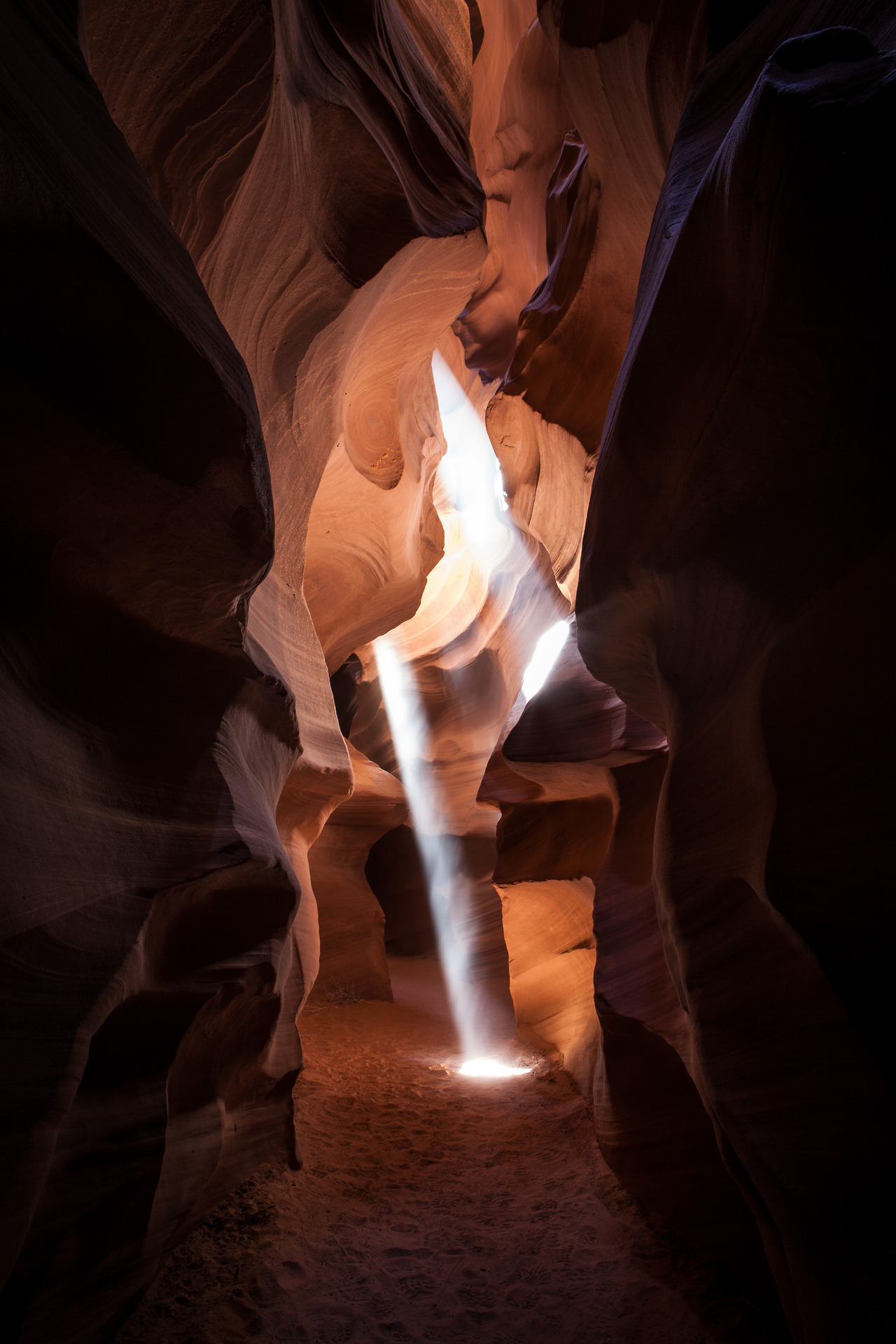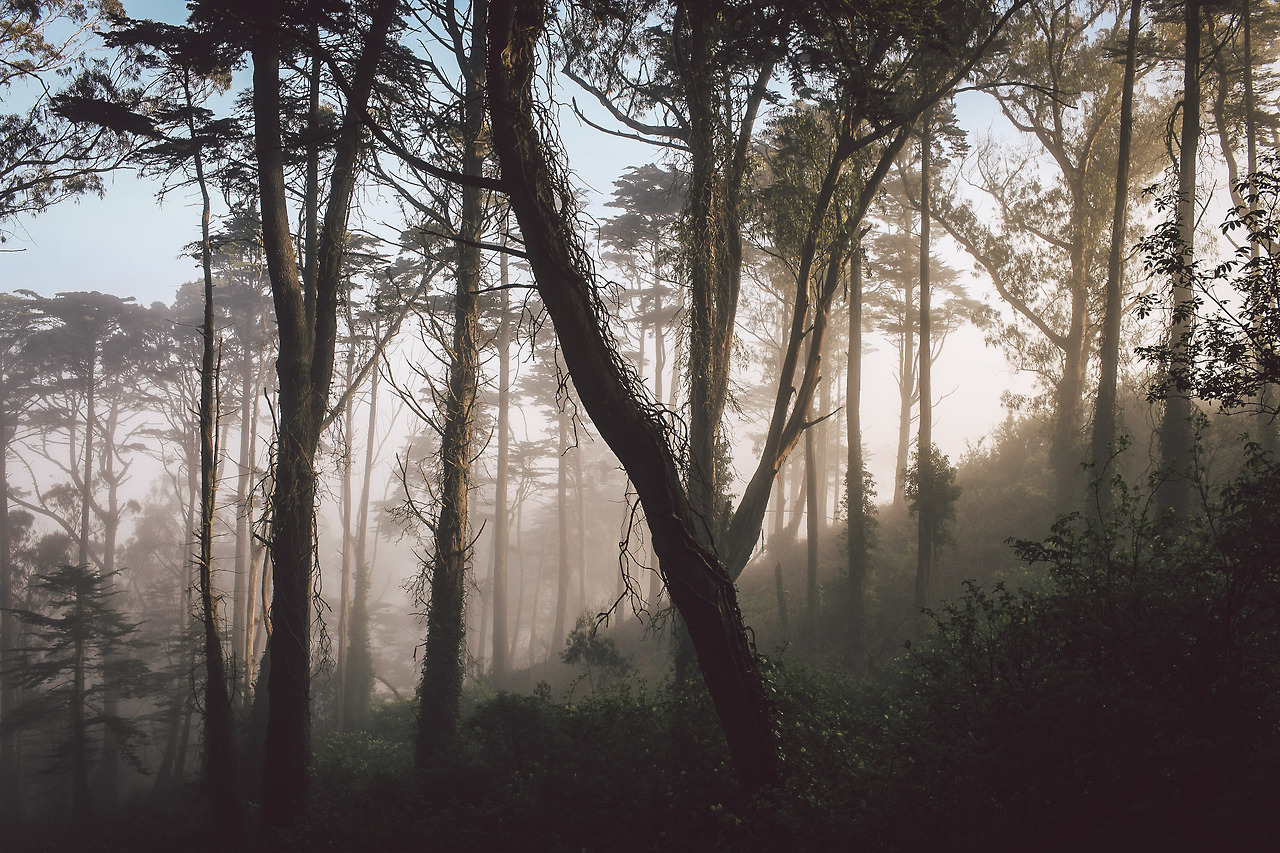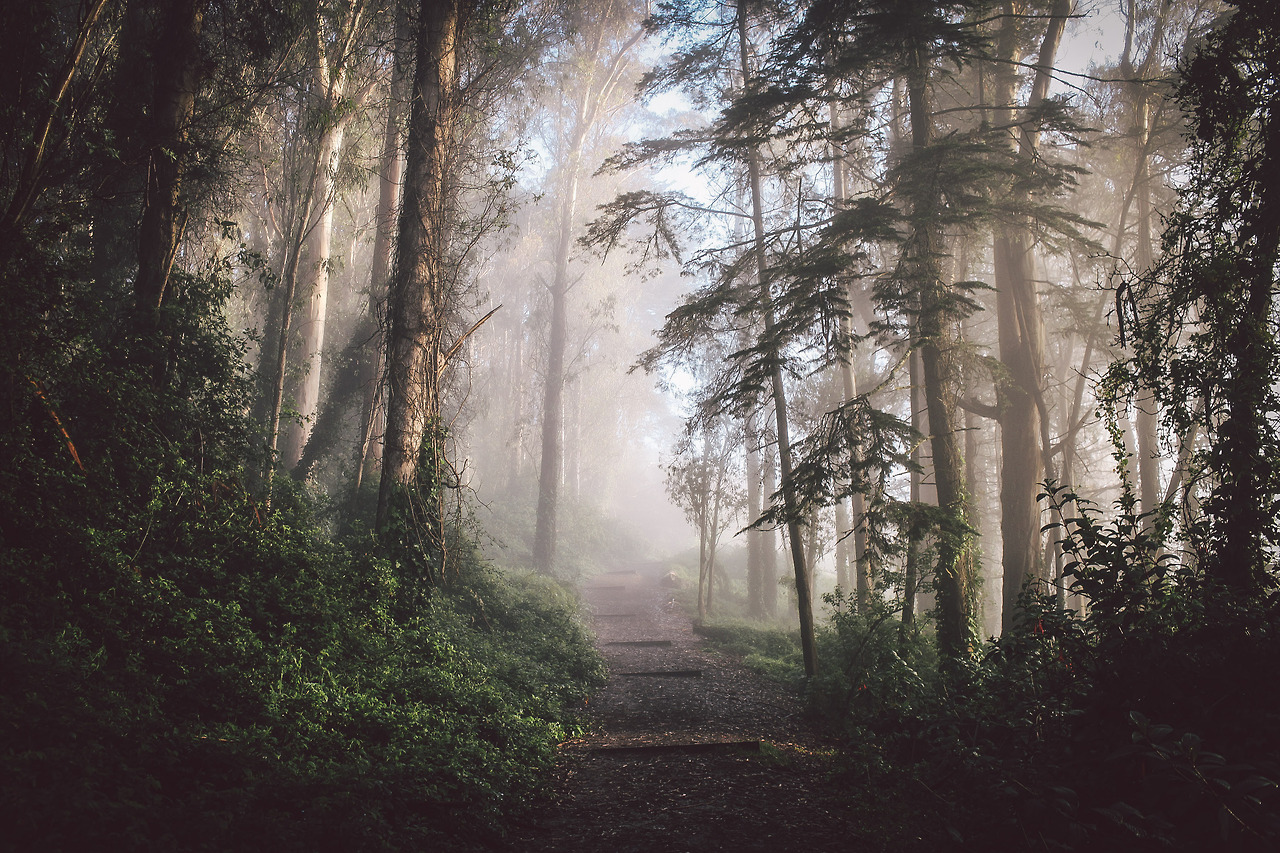Neither revolution nor reformation
can ultimately change a society,
rather, you must tell a new powerful tale,
one so persuasive that it sweeps away the old myths
and becomes the preferred story,
one so inclusive
that it gathers all the bits
of our past and our present
into a coherent whole,
one that even shines some light into the future
so that we can take the next step…
If you want to change a society,
then you have to
tell an alternative story.
—Ivan Illich, Austrian former priest, philosopher, social critic, 1926-2002
We live at a moment when our prevailing stories are failing us.
They may have emerged to help us address problems of the past.
But they have become toxic, they have become twisted,
they are not the medicine we need for today.
And they are far too small to address the crises we currently face.
We need a larger story that transforms us.
We need to re-situate, re-discover, re-name and re-frame ourselves
—as individuals and as collectives—
within a larger story that is abundant enough,
galvanizing enough, inclusive enough,
forgiving enough, supportive enough and immense enough
that it will empower us as a diverse body
to respond with bottomless grief, rooted resilience and fierce joy
to the interlocking crises our times.
From within this larger story,
we will see everything differently.
And we will do everything differently.
—Todd Wynward, inspired by Brian McLaren
HOW THEN SHALL WE LIVE?
In response to this question, ancient Biblical practices have much to offer us today. The practice of contemplation helps us distance and disentangle ourselves from the dominant and dominating stories of our culture.
Despite its horrific track record and its failure to transform most of its card-carrying members, the Judeo-Christian narrative still has much transformative potential for its adherents, and for those who still are open to its potential for personal and social transformation. For these millions of people, it is a necessary task for us to help God dust off the authentic “good news” framing story articulated and embodied by Jesus and share it with the world again in its original, transformative power. I would say that the CAC’s uplifting of terms like “the Universal Christ” and Alternative Orthodoxy, Brian McLaren’s A New Kind of Christianity and A Generous Orthodoxy, Ched Myers’ Watershed Discipleship and Sabbath Economics, and even my own Rewilding the Way are examples of attempting to renew and transform from within the language and tradition of Christianity.
There is still something immensely valuable here, we are saying.
Yet we Christians must be brutally honest, and conduct a fearless moral inventory of our religion’s legacy: Christendom as an institution has done so much damage worldwide for 1700 years that many people today cannot trust the Jesus framing story to be good news. Sadly, Christendom has perverted, co-opted and corrupted Jesus’ message to such a degree that any dusted-off framing story that uses “Jesus language” and Judeo-Christian religious terms will likely be able to be heard by only fraction of humanity today. In case Christianity’s tragic track record is not painfully clear to you, Brian McLaren does a scathingly good job conducting a fearless audit of the religion’s myriad unforgivable sins across history in Do I Stay Christian? This is an indispensable read for anyone, like me, perverse enough to think that the Jesus Way still remains a potent tool for social transformation.
NEEDED: A FRAMING STORY LARGER THAN CHRISTIANITY
As open and honest Christians, painfully aware of the all-too-often colonizing, dehumanizing and eco-cidal track record of our own religion, is it heretical to suggest that God might be calling us to join a framing story that is larger than—but inclusive of— Christianity? I think not. In fact, to join a framing story larger than Christianity isn’t heretical at all, but is actually God’s specific invitation to Christians today. All around me I hear: your God is too small. To face the interlocking crises of our times, I am convinced Spirit is leading us, beckoning us, alluring us to swim in a bigger river. God is telling us it’s time to jump on in to something larger and wilder and bolder and far more diverse than the conventional Christian paradigm.
CHRISTIANITY’S ROLE WITHIN A LARGER FRAMING STORY
This larger framing story cannot be so abstract and universal that it dilutes and disempowers; rather, it must be a giant rushing river that can contain within its banks a tumbling and celebratory myriad of diverse streams, specific lineages, and rooted realities. Christians, as members of one religious strand among many, must show up in an irresistible, invitational, humble and courageous way. In doing so they will not only stand a good chance to reform others’ attitudes toward Christianity in a favorable way, but also might just reform their own tradition, bringing out their best selves as transformed and transforming followers of Christ.
A POSSIBLE BEST SCENARIO FOR A FRAUGHT FUTURE
This larger framing story must empower us to sever the tentacles of consumerism. The Christian story, as passed down through generations of organized religion, has been abysmally impotent in this regard. It has become not an empowering narrative for resistance against but rather a complicit bedfellow of conspicuous consumption. A fresh framing story must liberate us from our comfortable complicity with oppressive, extractive, eco-cidal corporations, and provide us with texts and tools to define and create “the good life” for ourselves. Seven years ago I suggested ways to defect from our current narratives and took a stab at naming this larger framing story in my book “Rewilding the Way: Break Free to Follow an Untamed God.”
The outlook for humanity’s near future on this planet is grim. As Brian McLaren notes, humanity’s current appetite and demand load is 2-4 times the carrying capacity of Earth and this precious ecosystem we inhabit. Sooner or later, something’s gotta give. Humanity’s current system and level of resource acquisition and distribution and waste dispersal simply cannot continue without dire, dire consequences to us, the earth, and all living things.
Of course, I am saying nothing new. Anyone with eyes to see and ears to hear can sense the runaway pilotless juggernaut of late-stage unfettered global capitalism careening our entire species off a cliff. And, like any under-resourced group facing an overwhelmingly oppressive force, our current generation has the following options for response:
resignation, surrendering our agency to its pervasive might;
violent revolution, desperately attempting to overthrow existing power and structures and replace them with something better that we installed;
non-violent systemic transformation through group non-participation with dominant systems and the creative construction of prophetic communities, parallel economies, and alternate social-spiritual structures.
As you might already know, the only real response for humanity is #3.
STORIES TOO SMALL, INSTITUTIONS TOO COMPLICIT
For decades, Chris Hedges has been one of my favorite social critics. I hate reading him, however, because he is certainly neither an optimistic nor comforting author. Instead, his insights are scathing; he lays humanity’s problems bare to the bone, with no mercy and little hope.
Our cultural and political institutions are rotten to the core, Hedges states as fact. They are unable to transform society in any meaningful way, completely concerned with their own comfort and compromised by their addictive dependence upon ravenous, short-sighted and self-interested corporations.
Too many resistance and reform movements continue to believe the illusion—the framing story— that current human society can transform to the extent needed through making mild changes in our presidents, our politics, our constitutions, or our bills of rights. They continue to assert that an adequate response to the problems we face is protesting, lobbying, or making tweaks to our current economy.
Hedges asserts that any real resistance or transformation movement must recognize that there will be no good news coming from our current systems of politics and global capitalism, They both are dead-end systems unable to transform to the extent needed, and we should stop wasting energy trying to reform or appeal to them.
Today’s corporate pedigree universities and institutionally-funded seminaries—charged with forming our leaders of tomorrow—provide training and framing that is woefully insufficient and completely inadequate for the transformational tasks at hand.
In short, our institutions whom we have entrusted the sacred tasks of framing and forming, revising and reforming, protecting and preserving, have utterly failed.
IF NOT THOSE KINDS OF INSTITUTIONS, THEN WHAT?
It’s time to get small even as our story gets large. It’s time to hunker down in place, learn to weather the storm ahead. As a whole, humanity’s dominant machine of ravenous consumption will not be able to stop itself, will not be able to rapidly fix the four interlocking crises McLaren describes. An age of consequences and cascading crises is coming that modern humanity has never seen. A disruption of unprecedented magnitude is coming to modern humanity, and as a whole, we are woefully unaware, unequipped, and unprepared.
As Chris Hedges sees it, the near future forecast is bleak. The honest and industrious will be wiped out while the gangsters, profiteers and speculators walk away with millions. The elite will retreat, as Naomi Klein has written in The Shock Doctrine, into gated communities where they will have access to services, food, amenities and security denied to the rest. We will begin a period in human history when there will be only masters and serfs.
WHAT’S THE INVITATION WITHIN THE DISRUPTION?
This bleak truth is not a nonstop flight toward resignation, nihilism and isolated hoarding, as tempting as those options may seem. I still see a gritty gift in this coming breakdown: an invitation to regional self-transformation. Hedges agrees: “It means turning our energies toward building sustainable communities to weather the coming crisis, since we will be unable to survive and resist without a cooperative effort.” He’s talking about the choice I described in #3 above: engaging in non-violent systemic transformation through a) daring, difficult, self-transforming group non-participation with dominant systems; and b) the simultaneous creative construction of alternate community structures and parallel economies at a local and regional level.
He then goes on to describe the outlines of this new landscape:
All infrastructures we build, like the monasteries in the Middle Ages, should seek to keep alive the intellectual and artistic traditions that make a civil society, humanism and the common good possible. Access to parcels of agricultural land will be paramount. We will have to grasp, as the medieval monks did, that we cannot alter the larger culture around us, at least in the short term, but we may be able to retain the moral codes and culture for generations beyond ours.
Hedges’ grim hope: “If we build self-contained structures, ones that do as little harm as possible to the environment, we can weather the coming collapse. This task will be accomplished through the existence of small, physical enclaves that have access to sustainable agriculture, are able to sever themselves as much as possible from commercial culture, and can be largely self-sufficient. These communities will have to build walls against electronic propaganda and fear that will be pumped out over the airwaves…”





